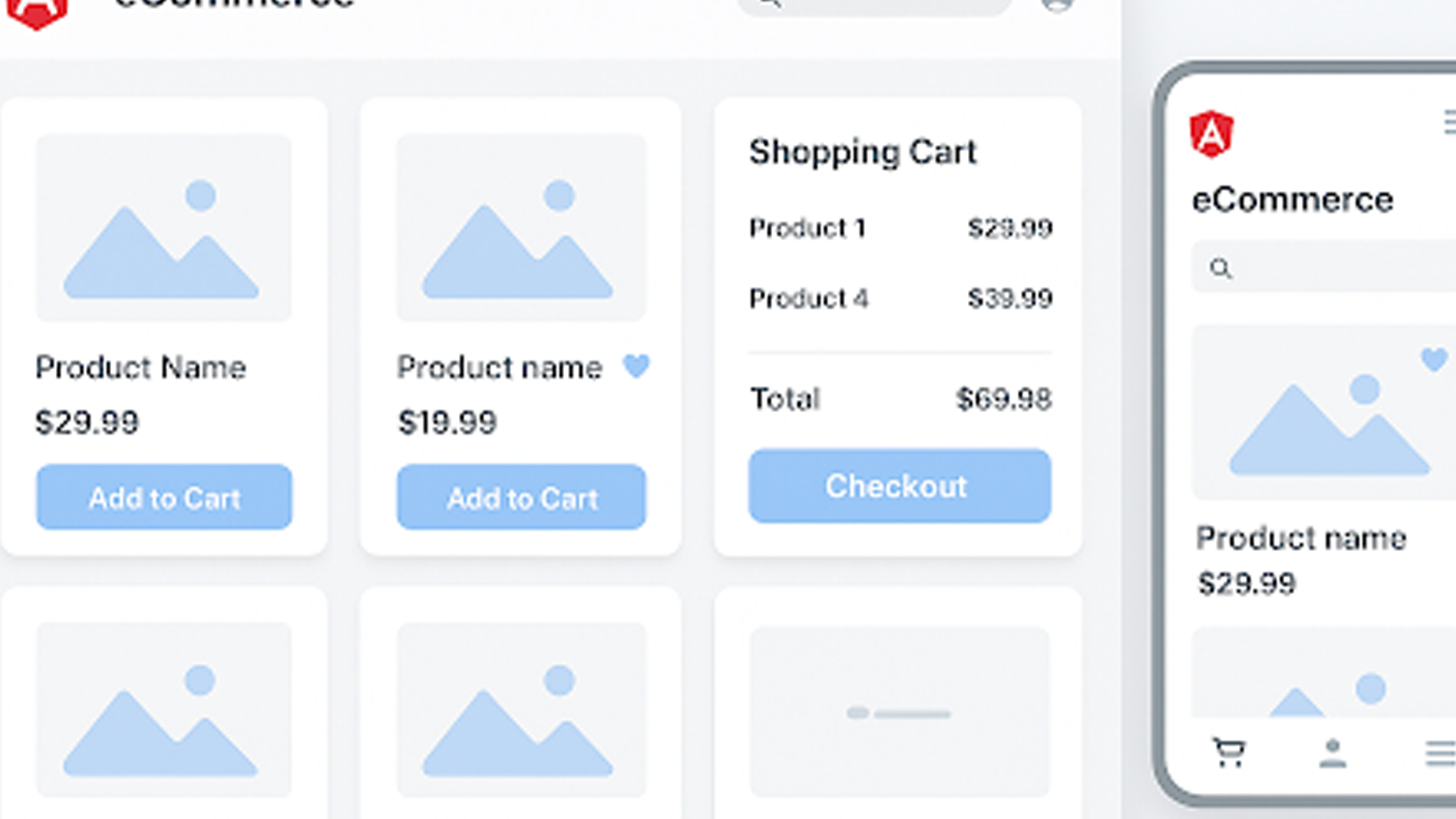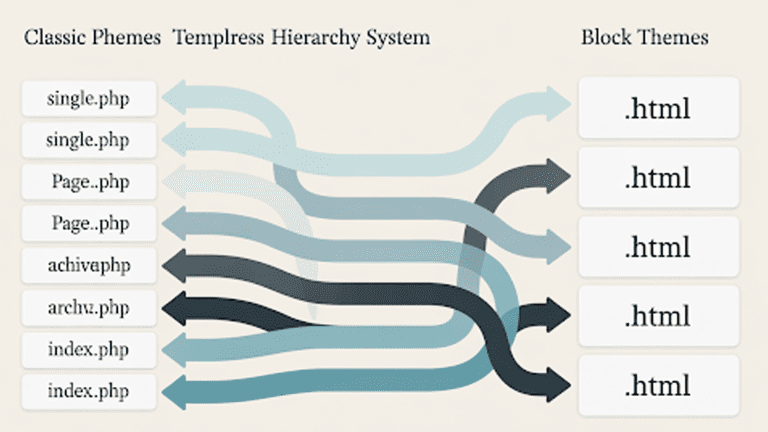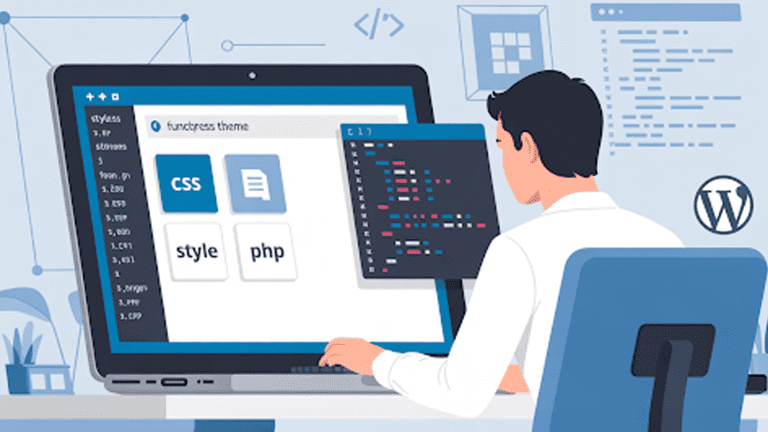Building an eCommerce site often feels like balancing three spinning plates. One plate is design, another is speed, and the last is scalability.
If one drops, the whole experience suffers. Shoppers leave when pages load too slowly. Search engines bury sites with poor code. Stores that cannot adapt fall behind competitors.
Angular solves these problems. Built by Google, this front-end framework powers dynamic applications that are fast, stable, and flexible. For eCommerce, it delivers the structure needed to grow without constant rebuilding.
This guide breaks down how Angular supports online stores, why performance is critical, and how SEO fits into the picture. It also shows how Pure Website Design, a trusted Angular development agency, creates stores that combine speed, usability, and long-term visibility.
Why Angular Matters for eCommerce
Running an online store is not easy. Customers expect checkout to be quick and pages to load without delay. Search engines want clean code they can read. Owners need a site that can grow without crashing every time something new is added.
Angular helps with all of this. It gives a strong framework built for growth instead of endless patches and fixes. The structure keeps things organized, so adding new products or connecting extra tools does not create problems. Scaling feels smooth instead of stressful.
It is also reliable. Angular is backed by Google and supported by a large developer community. Updates come regularly, and best practices are proven. This is not a short-lived trend but a framework trusted by businesses of all sizes, from small stores to large enterprise platforms.
The result is simple. Angular makes stores stable, fast, and ready to grow.
And if you want a team that knows how to build it right, Pure Website Design is here to help. We specialize in Angular development for eCommerce, creating stores that are built to perform today and ready to scale tomorrow.
Tell Us What You Need – Start Your Journey Today!
Share your project requirements, and we’ll guide you through a seamless development journey to bring your ideas to life.
What Makes Angular Useful for Online Stores
Running an online store is messy when the tech is fragile. Small updates break pages. Cart numbers lag. Adding new features feels like pulling a thread that unravels the whole site. That is why Angular matters. It solves the problems that slow stores down.
Component-based structure
Every part of the store is built as a reusable block. The product card, the cart, the search bar. Update one block, and it changes everywhere. No endless edits. No broken layouts.
Two-way data binding
Data stays in sync. A shopper adds a product to the cart, and the count updates instantly. No refresh. No delay. The experience feels smooth, which keeps people moving toward checkout.
Dependency injection
Payment gateways. Shipping calculators. Loyalty programs. These services slot in without breaking the site. Testing is easier. Bugs are caught before they cost sales.
Built-in routing
Navigation feels fast. Shoppers move from homepage to product page to checkout without waiting. Lazy loading keeps pages light, so only what is needed loads at the right time.
Backend integration
Angular integrates with backend technologies like Node.js, .NET, or PHP. Product databases, payment systems, and admin dashboards connect into one platform. Everything works together instead of feeling bolted on.
Why Performance Matters in eCommerce
Speed makes or breaks a sale. Google found that 53 percent of mobile shoppers leave if a site takes longer than three seconds to load. Every extra second means abandoned carts and lost revenue.
Angular solves this with smart performance tools.
- Ahead-of-Time Compilation (AOT): The app is compiled before it reaches the browser. Pages load faster because the heavy lifting is done in advance.
- Tree Shaking: Only the code that matters gets loaded. Extra weight is stripped out, so files stay small and efficient.
- Lazy Loading: Features load only when needed. A shopper lands on the homepage and sees it instantly. Product details load when clicked, not before.
- Change Detection: Even large catalogs stay responsive. Angular tracks data changes in real time, so the store feels smooth no matter how many products are listed.
Performance affects more than shoppers. Search engines use speed as a ranking signal. A fast Angular store not only keeps people browsing but also has a stronger chance of outranking slower competitors.
How Angular Supports SEO in Online Stores
SEO can feel like a headache for sites built with heavy JavaScript. Search engines often struggle to read pages that only load after scripts run. For an online store, that means products stay hidden, rankings drop, and traffic never shows up.
Angular has a way around this.
Server-Side Rendering (SSR)
With Angular Universal, pages are built on the server before they reach the browser. Search engines see the full product page right away. Shoppers see content faster too, which improves both rankings and experience.
Structured data
Angular makes it simple to add schema for products, reviews, and prices. Search engines use this data to show rich results like star ratings and price tags directly in search.
Mobile-first design
Angular apps work on every screen size. They respond smoothly on phones and tablets, which matters because Google now prioritizes mobile versions of sites.
Page speed
Performance and SEO go hand in hand. With the right setup and best DevOps practices for Angular, your store stays light and quick. Updates roll out smoothly, and pages load without delay.
SEO is not a weak spot with Angular. When done right, it becomes one of its strengths. Your store gets seen, indexed, and ranked, while customers enjoy a site that feels fast and easy to use.
Use Cases of Angular in eCommerce
Angular is not limited to small shops. It works well for stores of any size, including enterprise-level platforms.
Single-product stores
If you sell one product or a small line, Angular helps you create a fast, interactive checkout with minimal steps.
Multi-category stores
For stores with thousands of products, Angular’s routing and lazy loading improve browsing speed. Filters and search features remain responsive even with large inventories.
Marketplaces
Angular for large-scale web portals allows multiple vendors, real-time updates, and scalable dashboards. Its architecture supports complex logic like commission tracking and vendor management.
Subscription-based eCommerce
If you run a subscription box or SaaS eCommerce model, Angular can manage recurring billing flows, user dashboards, and secure account management.
Why the Right Angular Development Partner is Important
Frameworks are powerful, but execution matters more. An unoptimized Angular build can still slow down your store or block SEO. That is why choosing the right Angular development agency is critical.
Pure Website Design specializes in Angular development for eCommerce. We focus on speed, SEO, and scalability. Our team builds with performance-first coding standards, integrates secure payment systems, and aligns every page with search visibility in mind.
We also guide businesses in structuring their stores for long-term growth. This means planning the front-end architecture correctly, setting up server-side rendering, and applying DevOps practices that keep your store updated without downtime.
A framework alone does not bring success. The agency that builds with it makes the difference.
When Angular May Not Be the Best Fit
Angular is powerful, but it is not always the right choice. If the site is small and simple, the extra power does not add value.
A few static pages, a contact form, maybe a basic gallery. These do not need a framework built for complex apps. A lightweight builder or WordPress setup is often faster and cheaper.
Content-heavy websites face the same issue. Blogs, news portals, or sites that publish mostly text and images work better on a content management system. Those platforms are designed for writers and editors. Angular can run them, but it adds layers of setup that do not serve the main goal.
eCommerce is a different story. Online stores are alive. Products change, carts update, filters adjust results in real time, and customers expect instant response. A store is more than a collection of pages. It is an application. This is the space where Angular shines.
For stores with growing catalogs, complex logic, or personalized recommendations, Angular gives both speed and structure.
It keeps performance high as the store scales. It turns technical complexity into a stable system that can grow without breaking. That makes it one of the strongest options for interactive, data-driven eCommerce today.
FAQs on Angular for eCommerce
Why should I choose Angular for my online store?
Angular is designed for fast, dynamic, and scalable websites. It keeps the store organized, responsive, and ready to grow without breaking. For eCommerce, that stability makes a big difference in performance and user experience.
How will Angular make my store faster?
Angular uses tools like lazy loading and pre-compilation to cut load times. Pages open quickly, and shoppers move through the store without delay. A faster store keeps customers engaged and reduces cart abandonment.
What SEO benefits will I get if I use Angular?
Angular supports server-side rendering and structured data. This means search engines can read product pages clearly and rank them better. It also ensures the site is mobile-friendly, which is essential for visibility.
Why do customers care if my store is built on Angular?
Customers care about speed and ease. With Angular, carts update instantly, pages respond smoothly, and checkout works without frustration. These small details create trust and improve the chance of a sale.
How does Angular handle growth if I want to scale my business?
Angular is built for scale. Adding new products, categories, or even expanding to new markets does not require rebuilding the site. The architecture keeps growth manageable and avoids chaos.
What happens if my store is more about content and blogs than products?
If a store focuses mostly on blogs or static content, a simpler content management system may be a better fit. Angular shines when a site is interactive, data-driven, and full of features that need speed and structure.
Where can I find the right team to build my Angular store?
The right team is one that understands both performance and SEO. Pure Website Design specializes in Angular development for eCommerce, building stores that are fast, stable, and optimized for growth.
How do I know Angular is future-proof for my business?
Angular is backed by Google and supported by a large developer community. Regular updates and strong community adoption mean it will continue to be reliable for years. That makes it a safe investment.
Why should I trust Pure Website Design with my Angular project?
Pure Website Design focuses on creating Angular-powered eCommerce sites that balance speed, usability, and SEO. The team builds with performance-first coding and ensures every store is ready to scale smoothly.
Conclusion:
Every second counts in eCommerce. A fast, scalable, and search-friendly store keeps customers engaged and search engines happy. Angular provides the technical foundation to achieve this balance.
From component-based development to server-side rendering, it solves real problems store owners face. It keeps performance high, supports SEO, and creates a structure that grows with your business.
If you want your store built on a solid framework, Pure Website Design is ready to help. As a trusted Angular development agency, we deliver eCommerce sites that combine speed, usability, and visibility. Angular gives the framework. We provide the execution. Together, they create stores built for the future.




